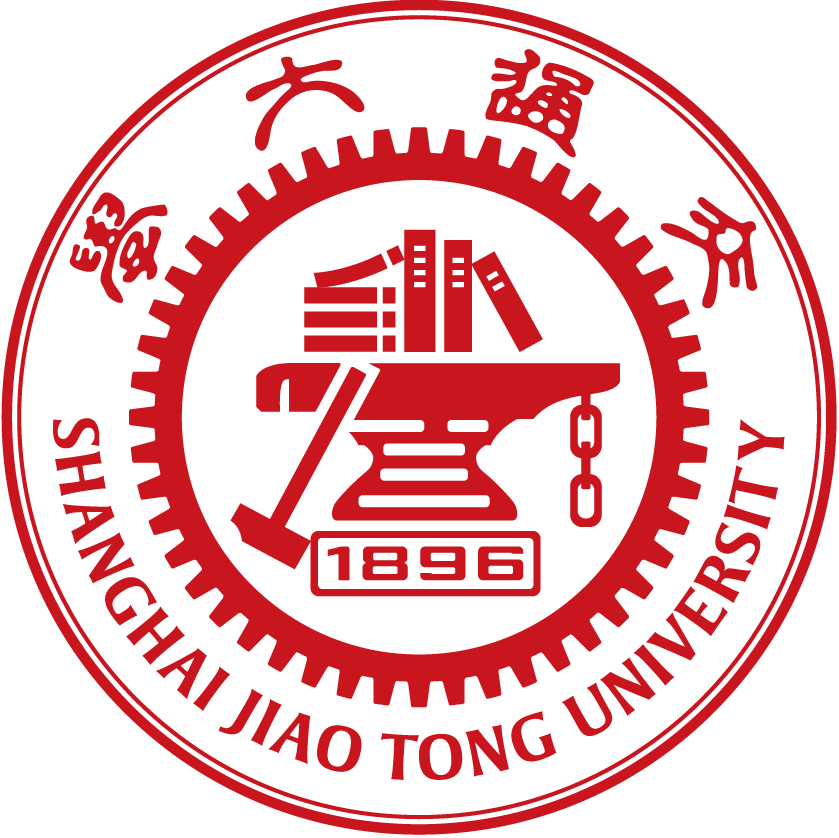时间
2019年4月26日
地点
闵行校区软件大楼5楼人工智能研究院500会议室
摘要
Medical robots have seen significant growth worldwide recently. It is estimated that around 10,700 sets of medical robots will be supplied in the market between 2018 and 2020. Although some medical robots have achieved commercial success, the robotics community is putting continuous efforts to make robotic surgery safer, easier, and less invasive. In this talk, I will introduce a new type of robots, the continuum robots, for the application of minimally invasive surgery. Due to the intrinsic flexibility and the ability to be scaled down, the continuum robots are excellent candidates for robotic minimally invasive surgery. Instrumentation, human-robot interaction, and shape and force sensing have been identified as three grand challenges in the development of continuum robots for medical applications. In this talk, I will introduce our efforts to address these challenges. Paticularly, I will introduce two classes of continuum robots, the concentric tube robots and the cable-driven robots, that have been investigated for a variety of medical procedures recently. Finally, I will share my individual perspective on the trends of the development of medical robots.
个人简介
Dr Liao Wu received the BS and PhD degrees in mechanical engineering from Tsinghua University, Beijing, China, in 2008 and 2013, respectively. From 2013 to 2015, he was a Research Fellow at National University of Singapore. He then worked as a Vice-Chancellor’s Research Fellow at Queensland University of Technology, Brisbane, Australia from 2016 to 2018. During this period, he was affiliated with the Australian Centre for Robotic Vision, an ARC Centre of Excellence. Since 2019, he has been a Lecturer with the School of Mechanical and Manufacturing Engineering, University of New South Wales, Sydney, Australia. His research mainly focuses on medical and industrial robotics, including engineering techniques in the development of medical devices and fundamental theories such as Lie groups theory in robotics, kinematics and calibration.
